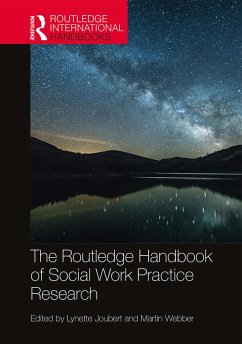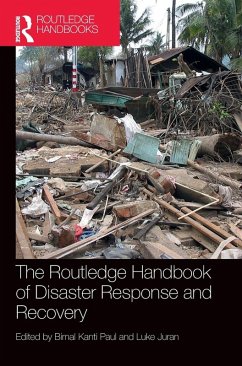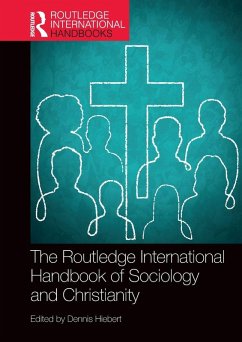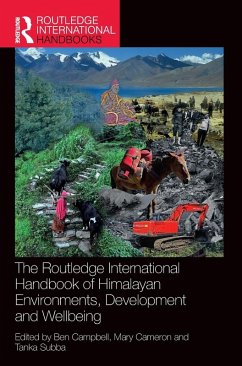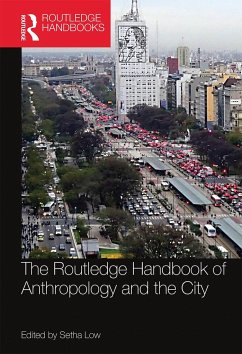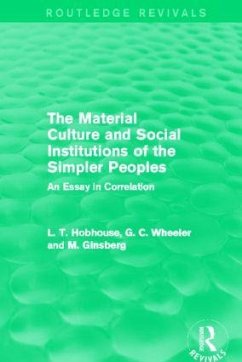
The Routledge International Handbook of Social Work and Disaster Practice
Versandkostenfrei!
Versandfertig in 1-2 Wochen
264,99 €
inkl. MwSt.
Weitere Ausgaben:

PAYBACK Punkte
132 °P sammeln!
This handbook addresses the diversity and complexity of social work practice in the context of disasters. Drawing on international perspectives, this handbook provides a resource for students, practitioners, educators and researchers seeking to prepare the social work profession for contemporary challenges associated with disasters.





